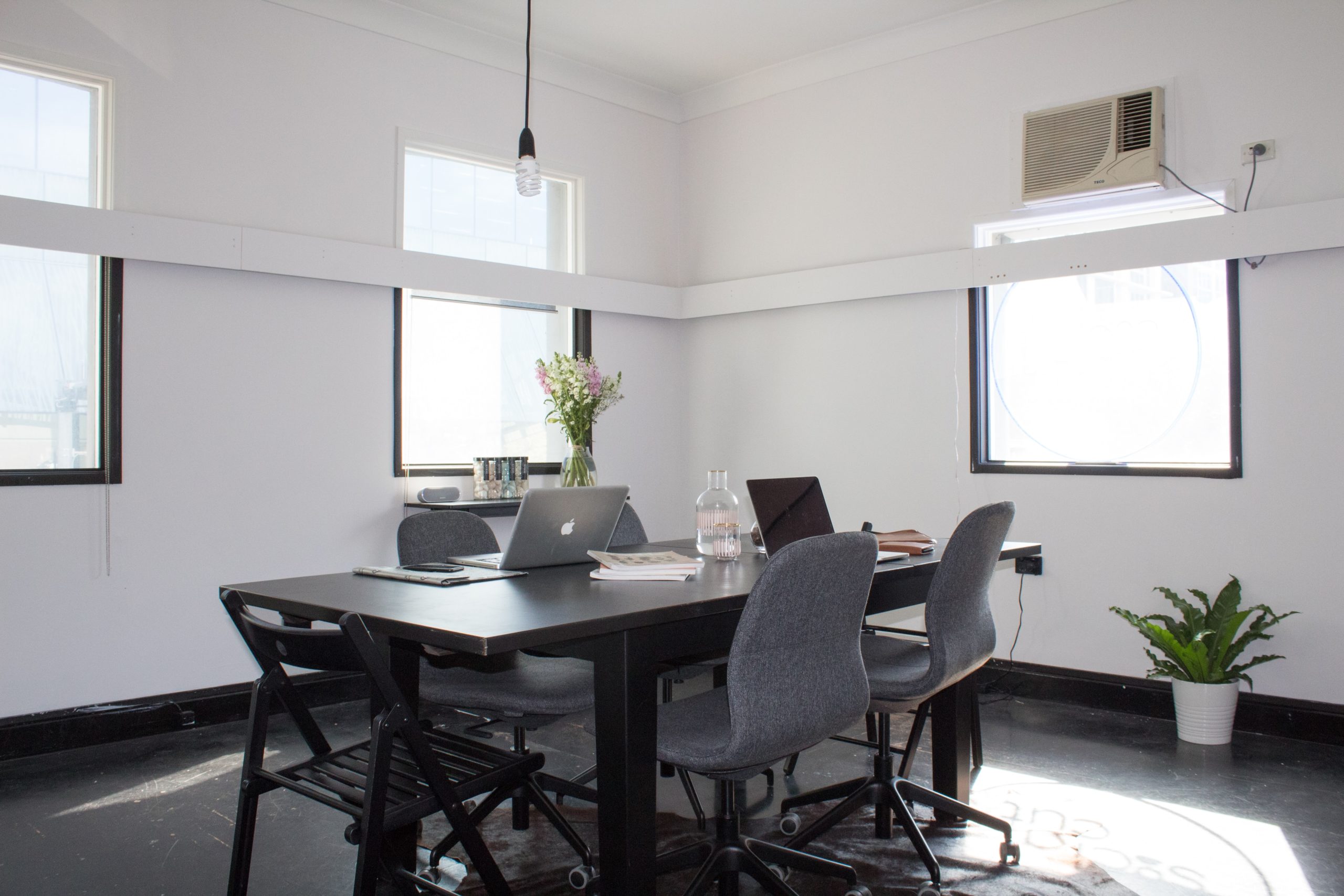As many countries in Africa respond to the threat of coronavirus with lockdowns and several restrictions, coworking spaces are one of the hardest hit. Will it be business as usual now that lockdowns are easing?
Across Nigeria, coworking spaces and hubs have become popular in the last few years. In a country known for its enterprising people, they solve a need.
They help entrepreneurs get around the problem of expensive office real estate. In major cities, office spaces in choice locations can be expensive for many startups.
Coworking spaces provide more than a desk to work from. Beyond providing a work desk, there is the complementary internet service, and also an access to a community of like-minded people. But in the last few weeks, thanks to lockdowns, coworking spaces are facing difficult times.
Because of lockdowns, many people are working from home and will not need to pay for shared spaces. It presents a revenue problem for these companies. It also begs the question: with lockdowns easing, will coworking spaces be able to get these people back?
As people across Ghana, Nigeria and South Africa go back to work, work spaces are finding that many of their active users are still at home.
This raises the question of how these companies will handle fixed costs in a time when many startups are looking to keep operating costs low.
The problem of fixed costs
Many shared spaces are properties with long leases. So a time like this means that while the leases keep running, paying members are at home.
Ventures Park, a coworking space in Abuja, told TechCabal that because of business realities, they have had to negotiate with vendors.
Speaking with TechCabal via email, a representative of Ventures Park said.
“Yes, the fixed operating costs haven’t stopped. We have been able to negotiate with vendors to pause on different services being provided to us. This is the reality of most businesses at this time.”
While their space remains closed, Ventures Park is confident that lockdowns will help people see the need for shared spaces.
One need they meet is their ability to provide structure for entrepreneurs. Another is human interaction in a way that working from home might not be able to.
“Working from home has highlighted the challenges involved with it. We believe that after the lockdown, more companies will embrace co-working.”
But CoLab Kaduna hasn’t found the lockdown to be difficult because their model is different.
The founder, Sanusi Ismaila told TechCabal in an email:
“Our model has always been different from the traditional workspace setup.
We make money from designing and building software systems and products, and we have actually seen an uptick in demand for those services since the pandemic hit and I suspect we’ll see more given the current value of our currency and dependence on oil as a country.”
Yet, Sanusi emphasises that, despite their different models, coworking spaces thrive on community. It is what they will be counting on in bringing people back.
A sense of community is the best argument for shared work spaces
Opeoluwa Adediran, an accountant who works out of a shared space in Lagos, has been working from home in the last five weeks. While she has adapted to working from home, she told TechCabal she misses the “working environment and the comforts of the space.”
While people are home, coworking spaces are trying to touch base with their community. They’re organising meetings and sending opportunities to members who are stuck at home.
CoLab’s Sanusi Ismaila is big on community.
“For us, co-working mainly is about community, not necessarily revenue, and while it has traditionally paid for itself, in our case, we’ve always believed that the core value was in the community – the talent you are able to nurture or attract – that you can now either help build their own startups or partner with on projects, and in a roundabout way, provide a steady pool of talent that we can tap into,” he says.
Ventures Park agrees.
The company says it has kept its community engaged during the lockdown.
“One of the ways we have done this is by piloting a webinar series designed specifically to address entrepreneurs’ concerns in operating their businesses in an uncertain environment. Our mission as a business has always been to support founders. And we believe that they need us now more than ever.”
Wennovation hub says they have kept up with their community by “sharing emails and opportunities.”
Workshop 17, a coworking space in South Africa has also closed down following level-5 lockdowns in South Africa. They believe the world will not be the same after the lockdowns and are preparing for what they call the “1.5m economy.”
They also launched a new online platform open to all entrepreneurs called w17.world to keep their community and the broader entrepreneurial community of South Africa connected through sharing and features like blind networking.
Britta Dahms, the marketing manager at Workshop 17, told TechCabal in an email: “Coworking spaces and the traditional office spaces won’t go back to the way they were before COVID-19.
“We have to adapt to the new possibilities of working remotely and the positive impact it has on productivity, the environment and employee wellbeing. Teams are more productive when their days don’t start by sitting in traffic for 2 hours and being crammed into an uninspirational office environment with no space to take breaks and connect with other employees.’’





















